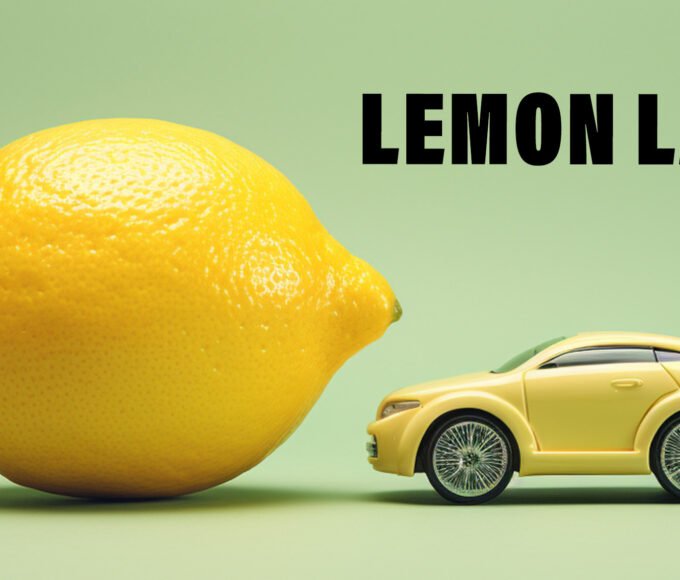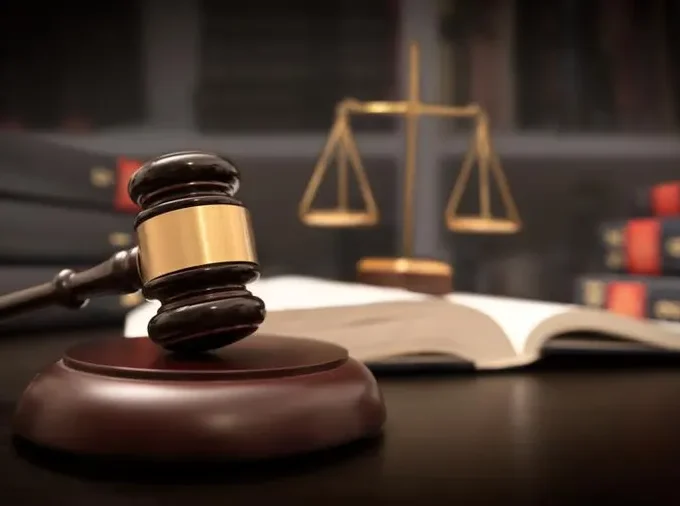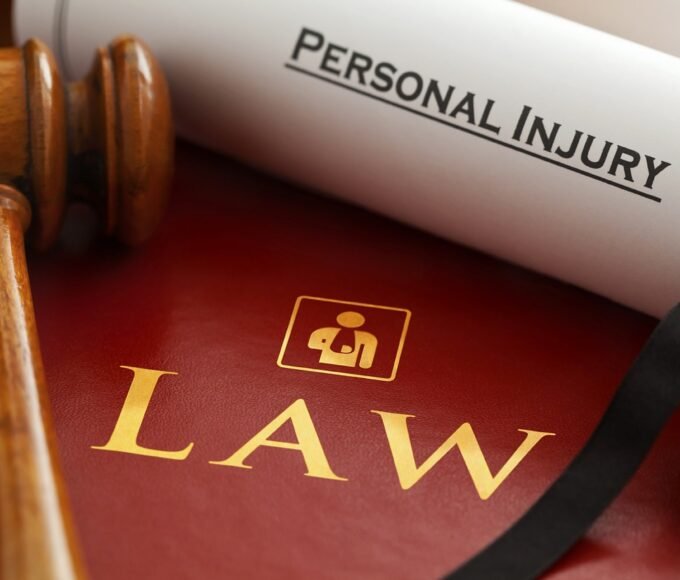Whenever harm – physical or emotional – is done to another person, personal injury laws may apply. The harmful action could be accidental, intentional, or caused by negligence.
Pursuing a personal injury case may allow the victim to receive compensation and some sense of justice for their situation. However, these outcomes come only after a successful legal battle.
Such success can be ensured with the help of experienced personal injury lawyers, like those at The Flood Law Firm. However, they also start with the correct identification of situations where personal injury laws can apply:
1. Accidents
Personal injury laws can hold people accountable for accidents, which is when their actions or negligence cause unwanted harm.
There are several types of accidents:
- Auto/Vehicular – These types of accidents involve motor vehicles (e.g., crashes, collisions, hit-and-run).
- Pedestrian – Pedestrian accidents may involve motor vehicles, but not always (e.g., a biker and pedestrian crashed into each other).
- Property/Premise Liability – Personal injury laws can be held against property owners when accidents, like slips and falls and drowning, occur within their properties due to negligence (e.g., did not put up hazard signs).
- Medical Malpractice – This is a special and specific type of incident that involves healthcare workers being negligent or not providing the standard of care. Note, though, that it’s not just the worker (e.g., doctor or nurse) who can be sued for medical malpractice – their employing institutions, such as clinics or hospitals, can be held accountable as well.
- Work-Related – When an accident, injury, or illness occurs within the workplace while the employee is doing their job or is a result of them doing their job, their employers can be held responsible.
- Animals – People get bitten by dogs, cats, snakes, and other animals. These attacks can be fatal, and their owners, if there are any, could be held responsible for the bite.
2. Intentional Harm
Some people want to harm other people, and when they actually do so, they can be held accountable by personal injury laws. Here are some examples of intentional and harmful acts:
- Assault – This may refer to reckless and negligent acts that cause or threaten to cause harm to others internet chicks.
- Battery – Unlike assault, most definitions of battery require actual physical harm. Thus, if a person only threatens to injure another, the latter may not be able to sue them for battery.
- Sexual Conduct – Victims of sexual harassment and abuse may hold personal injury laws against their offenders to receive compensation for their injuries and suffering.
Note that cases of intentional harm can be pursued as criminal charges and not just civil cases. For instance, you can sue your assailant in criminal court so that they can be punished with jail time and fines.
3. Product Liability
A malfunctioning device, a defective toy, or a wrongly formulated drug may cause harm to their users. Personal injury laws can then hold manufacturers and sellers responsible for the product’s harm.
Usually, product liability laws are crafted so that they may hold the manufacturer or seller strictly liable. Thus, the plaintiff does not have to prove the manufacturer or seller was negligent or was at fault for the defect – they can still be accountable for the injuries.
4. Defamation and Infliction of Emotional Distress
Defamation, which may include libel or slander, may not necessarily cause physical or tangible injury to a person. However, they are still covered by personal injury laws, as they cause harm to the person’s reputation. In a similar vein, damages for the infliction of emotional distress, like false imprisonment, discrimination, or unjust accusations, may not come in the form of visible wounds or injuries. Instead, it comes in the form of mental trauma and distress that are just as harmful as physical injuries. Thus, the inflictors must still be held accountable under personal injury laws.








Leave a comment